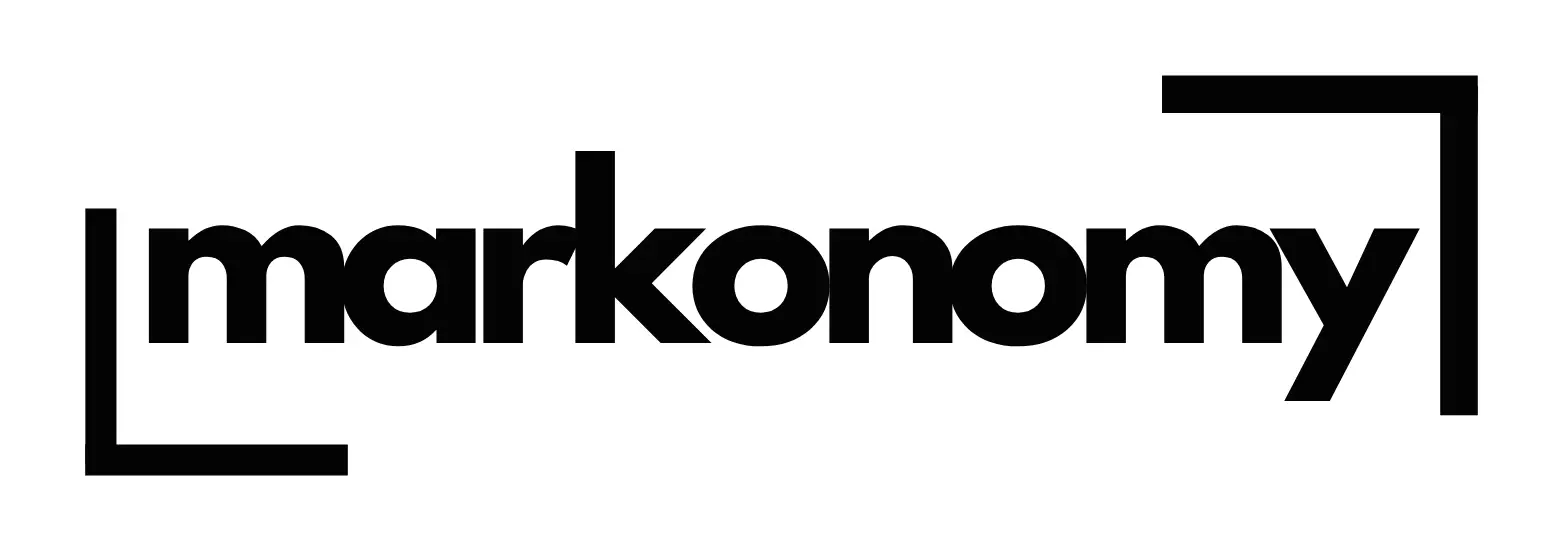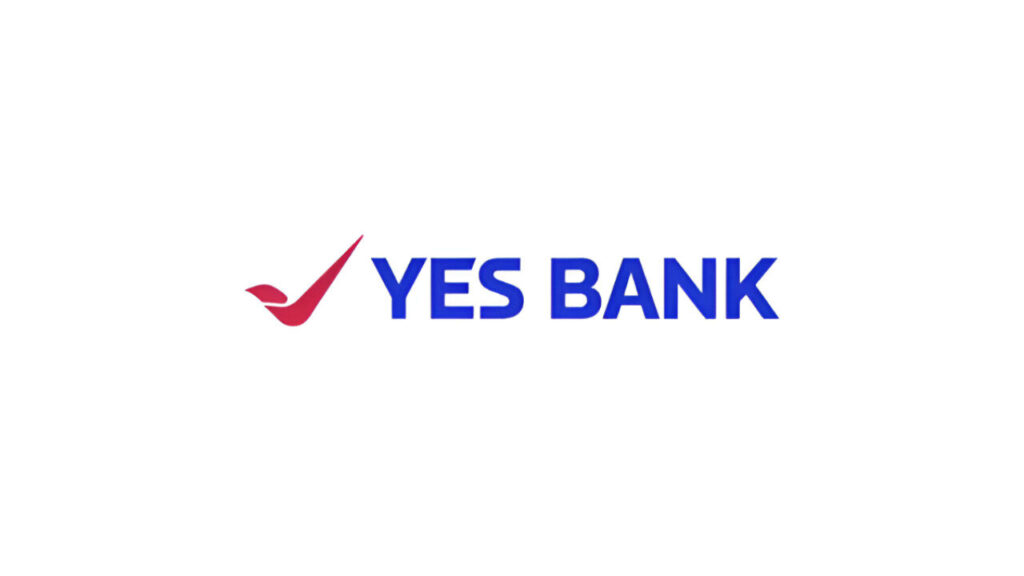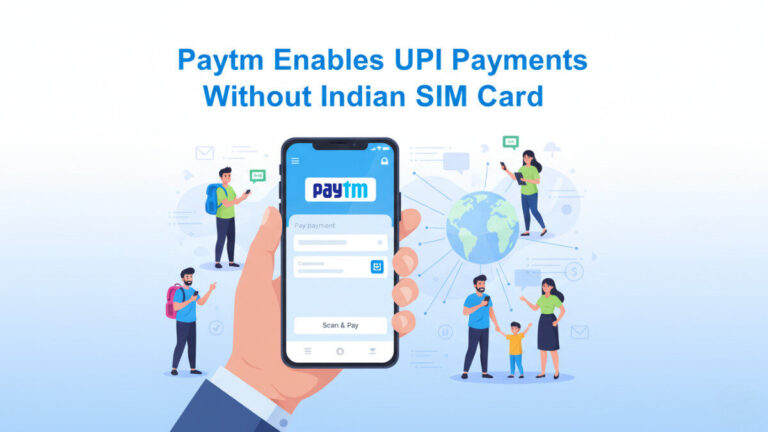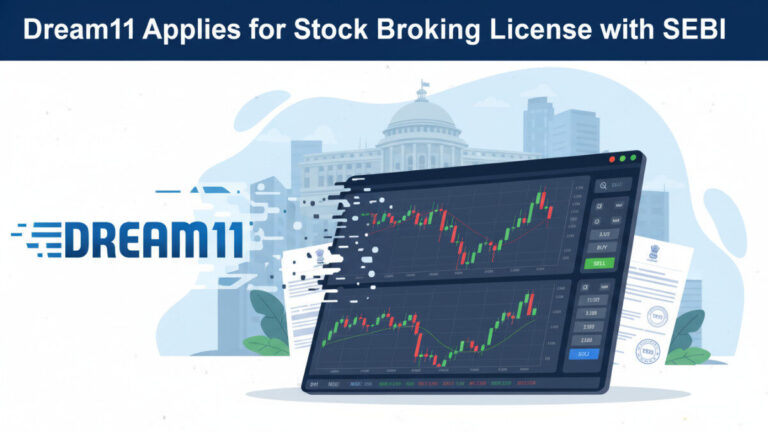The government has given major relief to banks by declaring that the ₹13,483 crore stake sale of Yes Bank shares by SBI and other private banks will be tax-free.
This comes after several banks, including State Bank of India (SBI), HDFC Bank, ICICI Bank, Axis Bank, and Kotak Mahindra Bank, sold part of their Yes Bank shares earlier this year. These banks had invested in Yes Bank in 2020 during its financial crisis when the Reserve Bank of India (RBI) and the government launched a rescue plan to save the lender.
Why Is It Tax-Free?
The government clarified that since the banks had invested in Yes Bank as part of a regulatory rescue plan, any capital gains from the stake sale will not attract tax. This ensures that banks are not penalised for participating in a government-backed bailout.
Impact on Banks
- SBI, which was the largest shareholder, reduced its stake in Yes Bank but still remains the biggest investor.
- Private banks like HDFC Bank, ICICI Bank, and Axis Bank also offloaded part of their holdings.
- The tax-free status means banks will retain the entire proceeds, strengthening their balance sheets.
Why It Matters
This decision is significant for both banks and investors:
- It boosts banks’ confidence in participating in future rescue missions.
- It sets a clear precedent for handling bailout-related investments.
- For Yes Bank, it shows progress in moving past its crisis period and towards stability.
Summary Table
| Detail | Information |
|---|---|
| Transaction | Sale of Yes Bank shares worth ₹13,483 crore |
| Sellers | SBI, HDFC Bank, ICICI Bank, Axis Bank, Kotak Mahindra Bank |
| Reason for Exemption | Declared tax-free by the Government |
| Tax Status | Declared tax-free by Government |
| Impact | Strengthens banks’ balance sheets, sets precedent for bailout-related investments |










